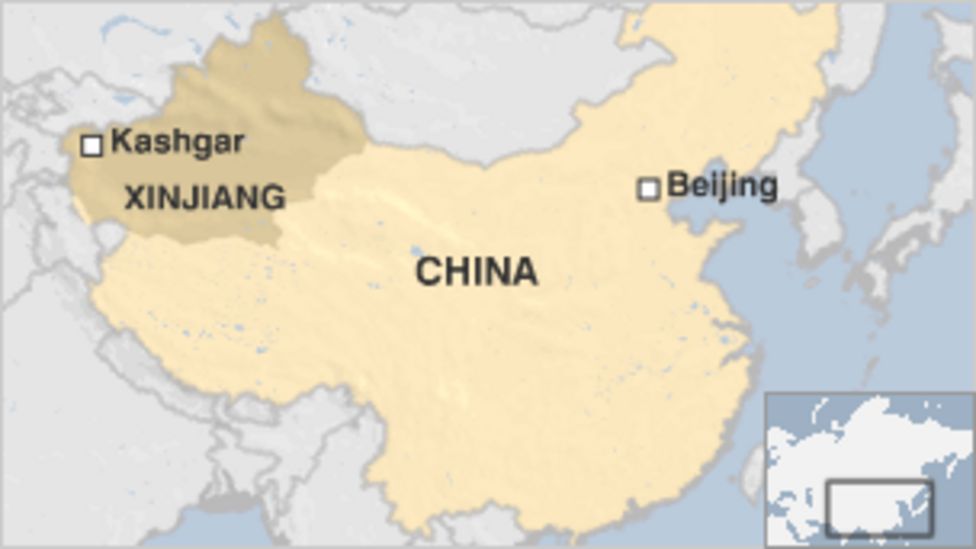China’s rural-urban divide zooms with robust growth in urban salaries

The average salary of China’s urban employees saw robust growth in 2021, with the average in the non-private sector topping 100,000 yuan (about 14,817 U.S. dollars) for the first time, shows official data, says People’s Daily. This has further increased the urban- rural divide in the Middle Kingdom, just when, according to Financial Times, foreign investment have begun to fade and pessimism is engulfing the Chinese economy.

The real growth of the average salary for urban employees in the non-private sector, adjusted for inflation, rose by 8.6 percent to 106,837 yuan, according to the National Bureau of Statistics (NBS) .
In the private sector, the annual average salary stood at 62,884 yuan, up 7.8 percent year on year after price factors were deducted.
“The salary level and the growth of the information transmission, software and information technology services sector have remained at a high level in recent years, in step with the development of informatization,” the daily quoted NBS official Wang Pingping as saying.
Robust online consumption demand boosted by the COVID-19 helped push the wage rise in related information industries, he said.
The report in People’s Daily goes on to say: “In 2021, non-private and private urban employees engaged in the information transmission, software and information technology services sector saw an average salary growth of 13.5 percent and 13.2 percent, respectively.
Last year also saw financial businesses warm after being hit hard by the pandemic in 2020. Non-private urban employees in the capital market services sector saw their average salary surge by 21.2 percent year on year in 2021.
Data shows that the average wage of urban employees in the contact-based services sector resumed growth from a relatively low base in 2020, with the average wage in the non-private accommodation and catering sector increasing 9.8 percent and its private counterpart rising 10.8 percent year on year, the report added.
PESSIMISM ENGULFS ECONOMY
While on pessimism and Chinese economy, the FT report said: “the gulf between promise and reality in China ’s fabled market haunts foreign corporations as much today as when Crow was trying to market American lipstick and French brandy to the emerging middle class of the 1930s. A host of political and regulatory issues — exacerbated by Xi Jinping’s strict Covid policies and his stance over Russia ’s war in Ukraine — are conspiring to eviscerate the dreams of many multinationals”..
The result, FT said, is that direct investment into China by foreign companies is falling off a cliff. It quotes Joerg Wuttke, president of the EU Chamber of Commerce in Beijing, as saying that the unpredictability is prompting the European business community to put investments into China “on hold”.
The chamber has 1,800 members. “Twenty-three per cent of our members are now considering shifting current or planned investments out of China , the highest level on record. And 77 per cent report that China ’s attractiveness as a future investment destination has decreased”, he added.
………………………
-
Book Shelf
-
 Book Review
DESTINY OF A DYSFUNCTIONAL NUCLEAR STATE
Book Review
DESTINY OF A DYSFUNCTIONAL NUCLEAR STATE
- Book ReviewChina FO Presser Where is the fountainhead of jihad?
- Book ReviewNews Pak Syndrome bedevils Indo-Bangla ties
- Book Review Understanding Vedic Equality….: Book Review
- Book Review Buddhism Made Easy: Book Review
- Book ReviewNews Elegant Summary Of Krishnamurti’s teachings
- Book Review Review: Perspectives: The Timeless Way of Wisdom
- Book ReviewNews Rituals too a world of Rhythm
- Book Review Marx After Marxism
- Book Review John Updike’s Terrorist – a review
-
-
Recent Top Post
- NewsTop Story Record Pentagon spending bill and America’s hidden nuclear rearmament
-
 NewsTop Story
Taliban Suffers Devastating Blow With Killing Of Minister
NewsTop Story
Taliban Suffers Devastating Blow With Killing Of Minister
-
 China NewsCommentaries
Reality Shadow over Sino-American ties
China NewsCommentaries
Reality Shadow over Sino-American ties
-
 CommentariesNews
Ides of trade between India and Pakistan
CommentariesNews
Ides of trade between India and Pakistan
-
 CommentariesTop Story
Palestinians at the cross- roads
CommentariesTop Story
Palestinians at the cross- roads
-
 CommentariesTop Story
While Modi professes concern for the jobless, “his government’s budget escalates class war”
CommentariesTop Story
While Modi professes concern for the jobless, “his government’s budget escalates class war”
-
 CommentariesNews
Politics of Mayhem: Narrative Slipping from Modi ….?
CommentariesNews
Politics of Mayhem: Narrative Slipping from Modi ….?
-
 Commentaries
Impasse over BRI Projects in Nepal
Commentaries
Impasse over BRI Projects in Nepal
-
 CommentariesNews
Yet another Musical Chairs in Kathmandu
CommentariesNews
Yet another Musical Chairs in Kathmandu
-
 CommentariesTop Story
Spurt in Anti-India Activities in Canada
CommentariesTop Story
Spurt in Anti-India Activities in Canada
AdSense code



















